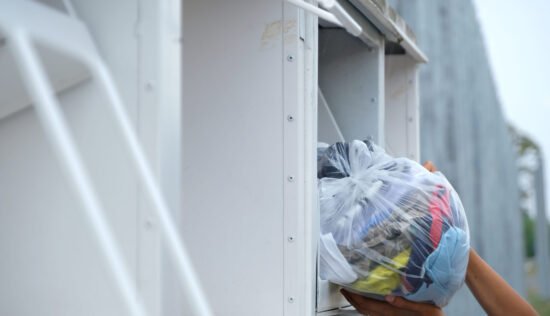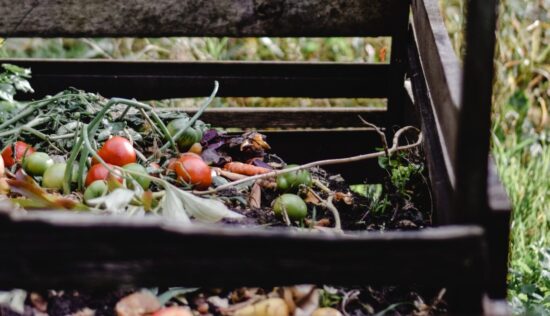Europe is transitioning from a linear to a circular model of resource management and the implementation of this change is taking place at the local level. Ambitious European Union legislation is today in place regarding waste and recycling, whilst the EU’s Green Deal and Circular Economy Action Plan 2.0 will provide further requirements and incentives for member states to transition towards a circular economy.
These developments will require local authorities to accelerate and change gears in the coming years so that prevention and reuse policies are designed and implemented effectively, whilst the separate collection of high quality recyclable materials becomes the norm. With lowering levels of waste generated in Europe, this will facilitate the phasing out of disposing waste into landfills and incinerators, with increased emphasis placed on the positive impact this will have on achieving the EU’s target of becoming carbon-neutral by 2050.
This beginners guide has been developed to support municipalities and community stakeholders who are interested in zero waste. This guide provides an entry-level understanding on what zero waste is and how a zero waste strategy for your community can be designed and implemented. Specifically, this guide has been designed to:
- Ensure a common understanding of the zero waste concept, definition and hierarchy, helping to avoid distorted interpretations of zero waste;
- Create a common approach for zero waste municipalities across Europe to adopt and follow best practice examples;
- Recognise the importance of citizen engagement and to ensure that local communities are given meaningful access and the ability to participate in the decision making process throughout the programme.




